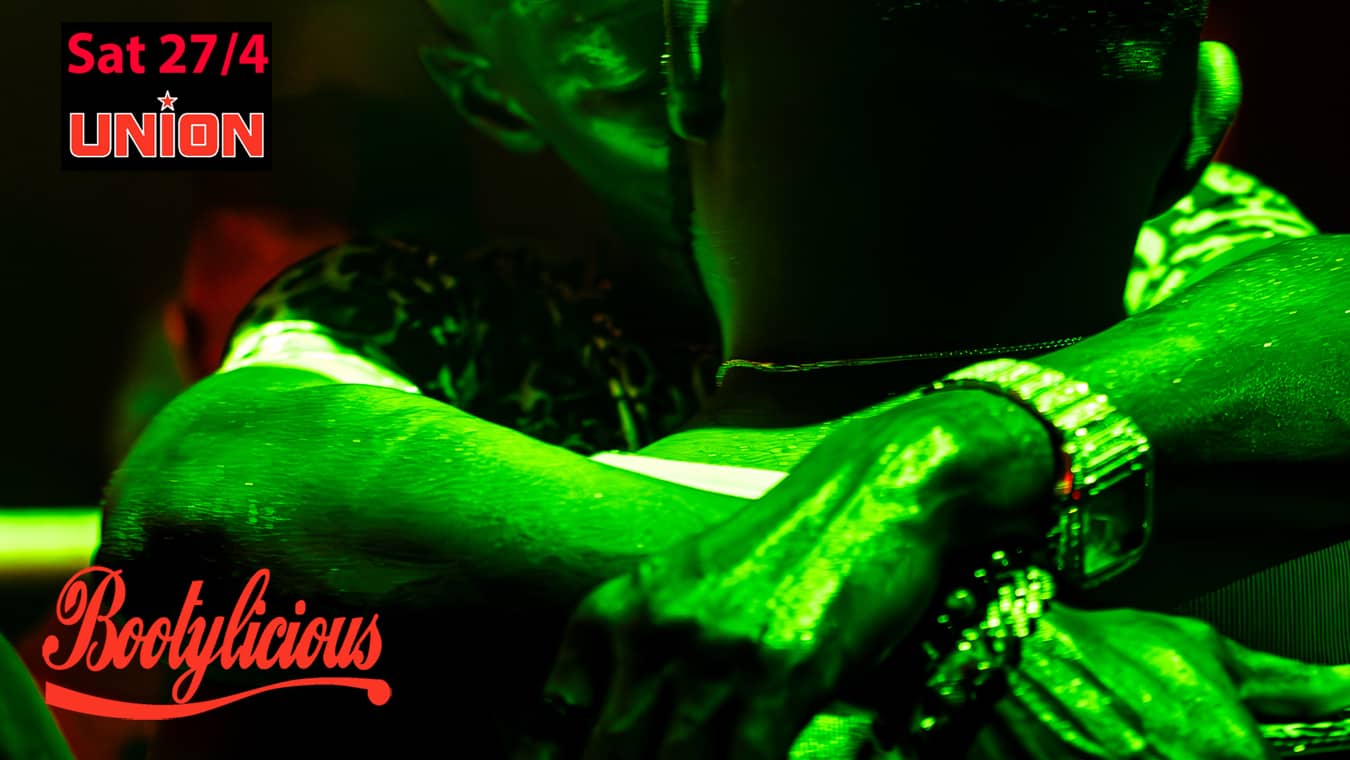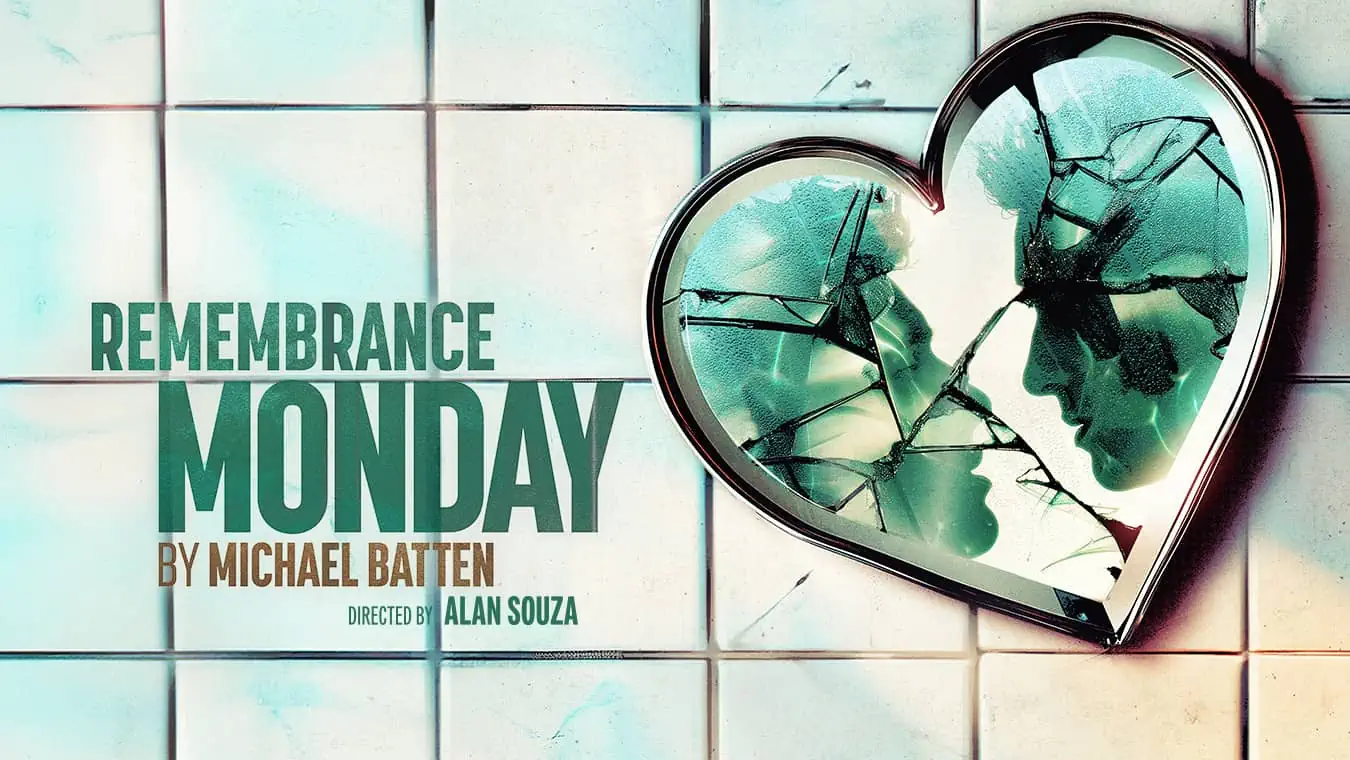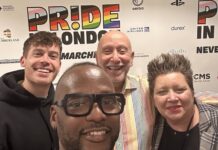This weekend Uganda’s out and proud will march through Entebbe to celebrate Pride for the fourth year running. Chris Godfrey caught up with the country’s most prominent LGBT activist, Dr Frank Mugisha, to find out how the event has grown and what issues the LGBT community still face.
So this weekend you’ll be attending Uganda’s fourth Pride parade; do the authorities actually know you’ve got a Pride event planned?
The first parade we told them it was a party and then the police raided it. We were detained and a few of my colleagues were put in cells. It lasted about two hours at the police station and then everyone was let go.
The next one we had permission from the police to carry it out, however much they insisted we shouldn’t! They didn’t refuse and they didn’t give us permission, they just asked us why we had to do these what they called “exhibitions”. They didn’t say no and they didn’t say yes. So I told my colleagues it was a yes and we went ahead!
And then, last year, they accepted and told us we could carry it out. We have The Public Management Act in Uganda, a law that requires any gathering of more than five people which could be perceived as political to inform the police of where it will take place prior to it taking place. So we did that and they said it was ok.
They didn’t provide protection, but the police in that area were called to arrest us by locals. But they just said “no they have informed us”. So this year we will definitely engage the police and whether it’s a no or yes we’ll still go ahead with it.
And what about your costume this year?
Last year I was a pirate, this year I won’t be. The year before I was dressed as a sailor. But we have no theme; everyone wears what they want as long as they’re happy and comfortable
How has the event grown over the last three years?
The first parade we had between 100 and 150, the second one we had over 200 and the third a lot more than 200. This one we might have a lot more, definitely more than 300. It’s growing! The first parade was mostly organised by a few of us, including myself and my colleague Kasha. Now they have a whole new Pride committee and a coordinator. They’re much more organised, they even have co-ordinators and volunteers. We never had volunteers!
At the second one we had people come late, because they wanted to see what was going to happen to us. By the evening the number had doubled compared to morning. Because that means people were calling and asking “is everything ok?” But there were no demonstrations; we just had people ask “what’s going on, why are there gay people all over the place.”
But people are still worried to get involved in the parade. The fear in Uganda is not just about security but also being exposed in the media. They fear what society will do to them after that.
“What we’re seeing now is the general public harassing the LGBT community.”
So has the situation improved much in Uganda?
I would say on the political scene there is some improvement. But actually I think ever since the anti-homosexuality law was nullified there’s been an increase in harassment of LBGT persons by the public, not the state or law enforcement. In terms of evictions, daily verbal insults and physical attacks – those have increased. But in terms of police harassment under the state, that has really reduced.

From the general public. What we’re seeing now is the general public harassing the LGBT community, we’re seeing a lot of evictions from landlords, we’re seeing a lot of people thrown out of their homes, we’re also seeing an increase in verbal and physical attacks on LGBT persons or even those who are perceived to be LGBT.
Some people when they get thrown out they move in with friends. Or some people can afford to move to other places. Then some people have to come to us, Sexual Minorities of Uganda (SMUG), as we have a programme which resettles people if they come out of their home.
How are people ‘perceived’ to be gay?
There’s a lot of rumour mongering about two people of the same sex living together because initially, before the law was introduced, it was common for two young men to share a house, but now it’s not so common. If it happened people would be questioning that and if there was a rumour that one of them was gay then they’d break into their house or the law enforcers would come in and question them, or even detain them.
So now people are very cautious about that [same-sex shared accommodation]. Especially people in the closet. Because initially a young gay man would finish school, rent a house, live with a boyfriend and say this is my cousin, my relative, my friend and we’re sharing a house because of the economy in Uganda. But now it’s not very common. If it happens then people will question. Some people even tell the police “we think these people are gay, because we’ve never seen any women come in here.”
So are there no private spaces at all for LGBT people anymore in Uganda?
There isn’t much privacy for LGBT persons, even before the whole issue of the law. We had gay friendly bars, but now we have only one, which is really very private. But before then we had very many. People were creating their own spaces, in their own neighbourhoods. But now it’s different, because the ordinary Ugandans can easily identify anything related to homosexuality, with any group of people they see if they suspect them to be.
It’s not as vibrant as it was before the introduction of the anti-gay law. We had about three gay bars and then we had other friendly places. But now we don’t have those anymore. Some of them had been threatened by the authorities and then some have lost business because gay people themselves are not going there for fear of being exposed. If they’re there then they’re not as visible as the past. We still have one that is frequented on Sunday mostly, but you would still need to know someone to know this bar.
With President Museveni running for office again in 2016, do you expect the situation to get better or worse for LBGT people as the election unfolds?
The churches are of course are strategising. They’re strategising hard and don’t be surprised to see anything new and antigay coming out. The issue of homosexuality in Uganda has so much popular interest that it might not stop the president using it as a last resort to win the election. Especially if someone comes to him with a very good idea, like they did with signing the [anti-homosexuality] law.
So we’re just at the edge. We don’t know what to expect. When we had the law we know we had something to fight. Now we’re just waiting.
Images of Uganda Pride are supplied by Denver David Robinson and were taken at the 2013 parade.














